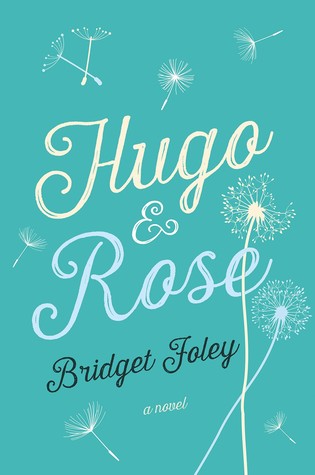A couple of years ago, when my daughter was around seven years old, she became adamant about not sleeping in her own room. My husband and I came to dread bedtime: evenings that had once followed a fairly regimented routine were suddenly filled with strife. And we almost always lost. No matter what we did (and trust me when I say that we sank to the lowest of the parenting low—bribing and threatening), we could not get that kid to stay in her room.
I don’t know what took us so long, but after weeks of waking up to find her either between us or curled up in the dog bed (much to the dog’s chagrin), we finally figured out that she was scared of her mirrored closet doors. It turns out that somebody at school had told her the story of Bloody Mary, and our poor kid was frightened half to death.
If you’ve ever attended a sleepover, you’ll know what I’m talking about. Bloody Mary is the classic party game, along with Light as a Feather/Stiff as a Board and Truth or Dare. It’s rumoured that Bloody Mary appears in a mirror if you turn off the lights and chant her name. No wonder my daughter couldn’t sleep in her room; I’m surprised that she didn’t wake up every night screaming from nightmares.
I’ve always been a vivid dreamer. I don’t have nightmares often, but when I do, they’re terrible. Stephen King claims that the inspiration for many of his books was childhood dreams. I believe it. I still remember nightmares I had as a young girl, and the lingering horror I felt after waking up.
But dreams can be wonderful too, as Rose in Bridget Foley’s novel Hugo and Rose knows well.
Rose isn’t sure why she finds her life so tedious. It’s not that she doesn’t love her husband and children—she loves them more than anything—but the endless piles of laundry and dishes, and all the driving around to practices and birthday parties, leave Rose feeling empty and alone. The other mothers seem happy and content, so why isn’t Rose?
Perhaps it’s because her real life can in no way compare to the adventures Rose has while asleep. Rose has dreamt of Hugo every night since she was six years old. Together they explore a remote island, slay mighty beasts, and share stories. They’ve grown up together, and their nightly visits, year after year, have allowed for the making of a remarkable friendship. In her dreams, Rose is young, fit, and—best of all—thoroughly understood by her best friend.
Rose tries ridiculously hard to be a good mom, although she can’t help comparing her older, frumpier self to the independent, beautiful woman she is with Hugo. With him, in her dreams, she never feels alone or restless.
Then, on a particularly bad day of torrential rain and grouchy, hungry kids, Rose pulls up to a drive-thru window in her well-used minivan. Her server? Hugo—alive in the real world.
Hugo and Rose is a compelling story about dreams and reality, and the consequences of their collision. It calls into question the moral fiber of our identities and the role fate plays in our lives, while at the same time, pokes at our insecurities and desires. Ultimately, it’s a story about tough choices and the impact our decisions have on those we love most.
Bridget Foley lives with her family in the Pacific Northwest. Hugo and Rose is her first novel. (St. Martin’s Press 2015)

Leave a Reply